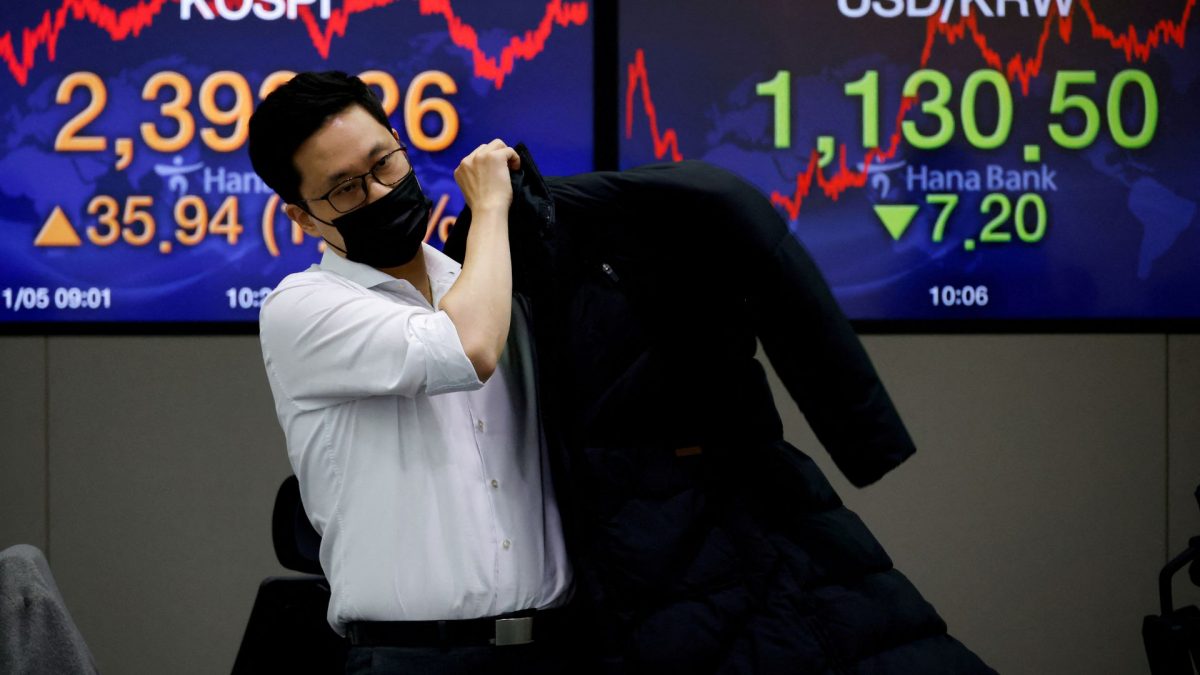The main opposition party of South Korea on Monday announced that it will support the ruling party and government’s decision to abolish capital gains tax on financial investment of retail investors. With its decision, it has put an end to months-long fight over the controversial move.
The news immediately witnessed a positive move as moments after announcement, South Korea’s main share index gained over 1 per cent, while the small-cap Kosdaq surged nearly 3 per cent.
Reason for the decision
The main opposition leader Lee Jae-myung on Monday revealed the reason for the decision and said, “The current Korean stock market is in a too difficult situation, and we cannot ignore the position of the 15 million stock investors who are investing and relying on it. So we have decided to agree to the abolition that the ruling party and government are pushing for.”
Lee, however, said the move was “regrettable.”
According to a report by Bloomberg, South Korea’s Democratic Party, which controls the National Assembly, earlier had opposed the decision of the government to drop the plan to introduce the levy on retail investors, saying it would favour the rich and weaken the government’s coffers.
But the government’s decision received the backing of Korea’s influential retail investors, who account for nearly two-third of the daily stock market turnover. They argued that the move would weigh on investors’ sentiment that has been laggard this year when compared to its Asian peers.
Impact Shorts
More ShortsAfter a delay of about two years, South Korea had earlier planned to introduce a tax from 2025 of at least 20 per cent if annual capital gains from their stock investments exceed 50 million won.
Those who earn more than 2.5 million won from other financial assets also have to pay the levy.
However, in a bid to boost investor sentiment as well as stock values, the government, earlier this year, decided not to impose a capital gains tax on retail investors.
At present, South Korea levies at least 20 per cent capital gains tax for major shareholders who hold at least 5 billion won of stocks.
With inputs from Bloomberg
)